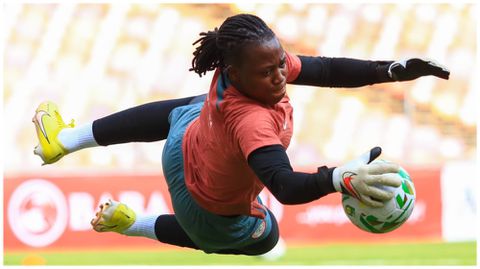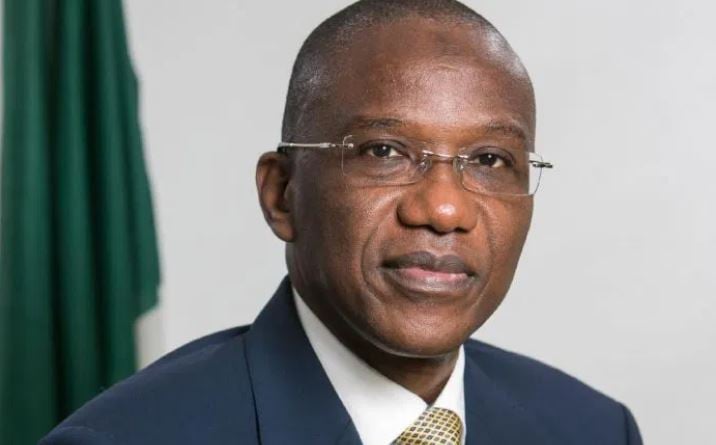The Arewa Consultative Forum (ACF) says it has constituted a committee to study the tax reform bills and make appropriate recommendations to the federal government.
On October 3, President Bola Tinubu asked the national assembly to consider and pass four tax reform bills.
The bills—the Nigeria Tax Bill, the Nigeria Tax Administration Bill, the Nigeria Revenue Service Establishment Bill, and the Joint Revenue Board Establishment Bill—have become the subjects of controversy.
On October 28, the Northern States Governors Forum (NSGF) opposed the bills, arguing that the proposed legislation would harm the region’s interests.
Advertisement
The governors asked the national assembly to reject the bills, demanding equitable and fair implementation of national policies and programmes across all regions.
The national economic council (NEC) also asked Tinubu to withdraw the bills to give room for consultations.
On November 1, Tinubu said the bills would not be withdrawn from the national assembly, noting that the proposed laws were designed to improve the lives of Nigerians and optimise existing tax frameworks.
Advertisement
In a statement on Thursday, Tukur Muhammad-Baba, spokesperson of the ACF, said the current debates suggest that there were not enough consultations in preparing the bills.
He called on all concerned stakeholders to cooperate with the relevant senate committee charged with the assignment to review the content of the bills.
Muhammad-Baba said opposing views against the bills are essential inputs into the policy process, adding that decorum and mutual respect should be honoured in the discussions of provisions of the proposed laws.
“ACF notes that the policy rave of the moment over the past two weeks or so in Nigeria has been on the executive bills sent to the national assembly, proposing sweeping changes in Nigeria’s tax laws,” the statement reads.
Advertisement
“Nothing in the life of any community is static, and policies must try to address emerging challenges, take advantage of new opportunities, etc.
“Debates have continued to rage on the pros and cons of the proposed bills, with positions being argued vehemently and stridently with passion.
“However, it is concerning that the emerging debates have become acrimonious, pitting sections of the country against each other.
“It is highly regretful that opinions have tended to involve unsavoury and often abusive words meant to denigrate, blackmail, or intimidate anyone perceived, rightly or wrongly, as standing in support of or opposing the bills or their specific aspects therefrom as are now under consideration in the senate.
Advertisement
“Needless to remind all, the proposed bills’ impact will have ramifications on every citizen and every part of the country.
“ACF notes that debates over bills are part and parcel of the public policy process, especially in democratic settings.
Advertisement
“Reforms meant to correct policy shortcomings or inadequacies must necessarily address all areas of concern that citizens may wish to raise.
“The current debates actually suggest that not enough consultations went into the preparations of the bills, as obvious in concerns raised by critical stakeholders and various interest groups across Nigeria, including, critically, the National Economic Council, headed by the vice-president of the federation.
Advertisement
“It is, therefore, a welcome development that the senate has wisely decided to tarry by electing for wider consultations with relevant stakeholders intended to address areas of concern.
“It is in line with the above that ACF constituted a committee of experts to study the proposed bills so as to come out with appropriate recommendations to be forwarded to appropriate organs of government.”
Advertisement
Add a comment










